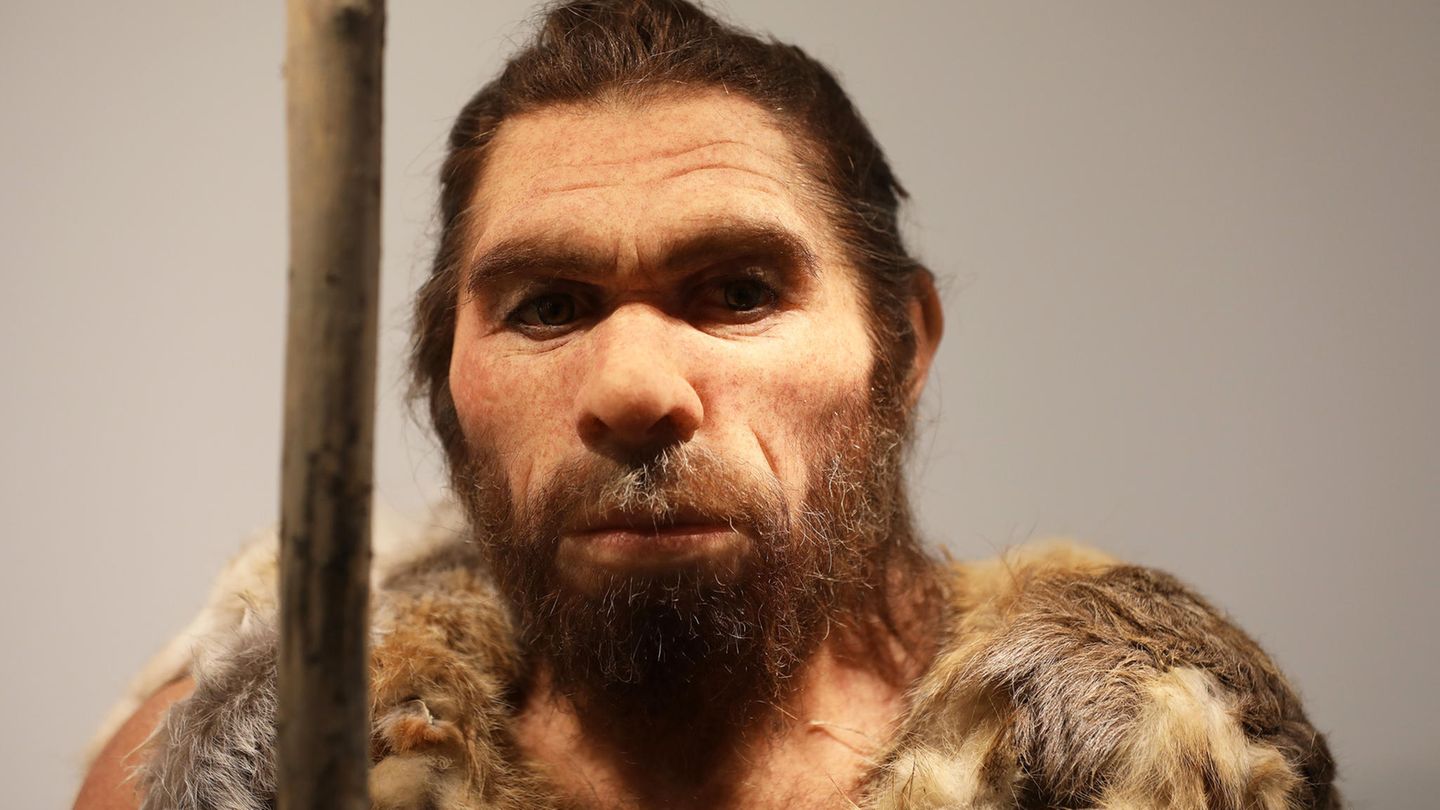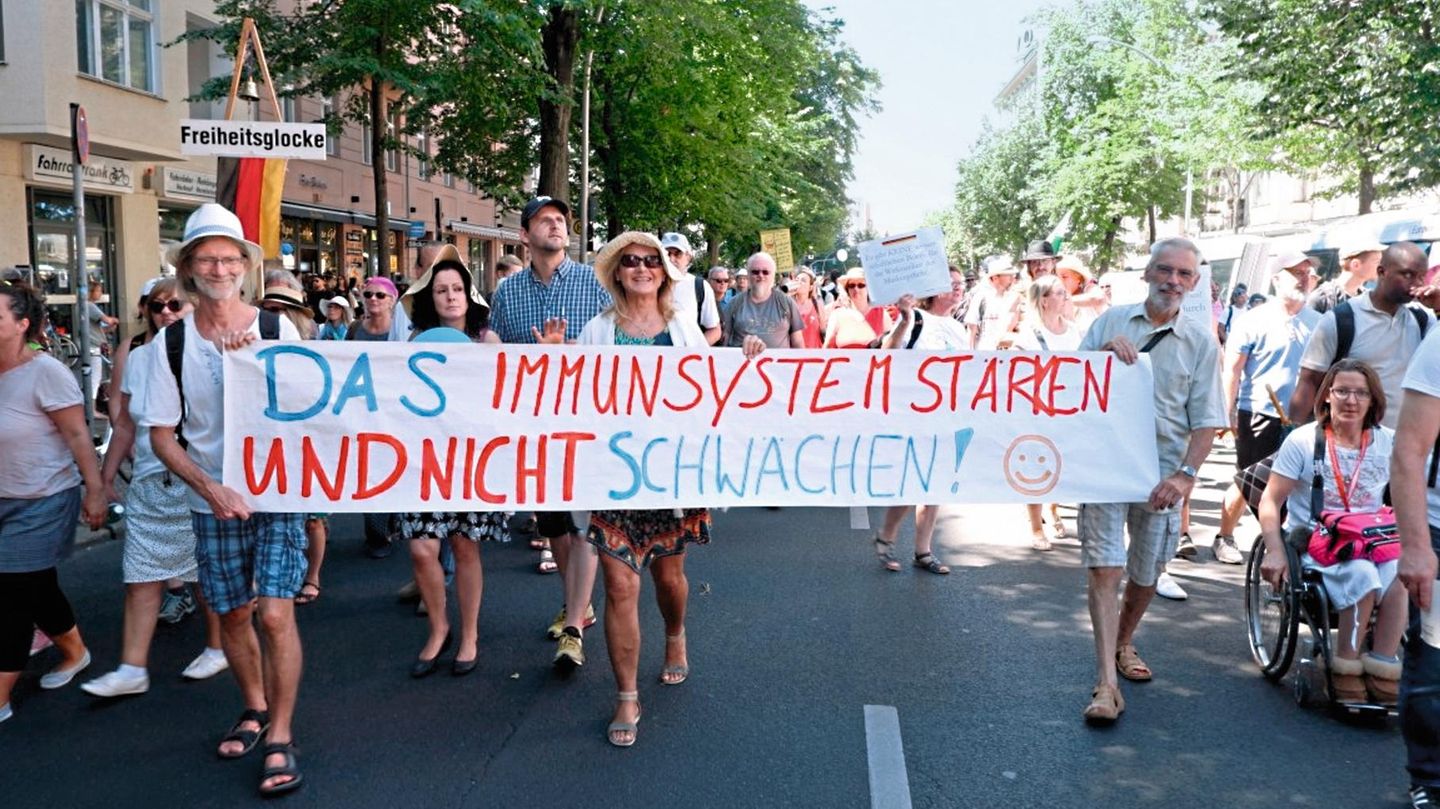
[ad_1]
study
Neanderthal genes increase the risk of a severe corona course

The replica of a Neantertaler is in the Bonn State Museum
© Oliver Berg / DPA
The reasons for the different Covid-19 courses are in the dark. But a study now reveals a possible factor that can make the infection worse: It’s the Neanderthal genes that some of us have.
According to one study, there is a possible connection between the ancient Neanderthal legacy in our genetic makeup and the severe courses of Covid-19. “The probability that people who have inherited this genetic variant will have to be artificially ventilated when infected with the new coronavirus Sars-CoV-2 is approximately three times higher,” said Hugo Zeberg of the Max Planck Institute for Evolutionary Anthropology in Leipzig. (MPI EVA).
The variant is another risk factor in addition to many long known, such as age and some previous diseases. A study conducted in the summer found that a group of genes on chromosome 3 may be linked to an increased risk of hospital treatment and artificial ventilation in the case of Covid-19. The risk of a severe form of the disease is up to three times higher in people with this variant, it was said at the time.
Large differences in regional distribution
Zeberg and his colleague from MPI, Svante Pääbo, have now analyzed the gene pool and specifically compared it to the genetic makeup of Neanderthals and early Denisovans. The DNA sequence in the variant of the group that creates the highest risk is very similar to the DNA sequences of a 50,000-year-old Neanderthal from Croatia, they explain in the journal “Nature.” “It turns out that modern humans inherited this genetic variant from Neanderthals when they intermixed with each other around 60,000 years ago,” says Zeberg, who is also doing research at the Karolinska Institute in Stockholm.
There are significant differences in the regional distribution of this genetic variant, explains the duo of researchers. It is particularly common in people from South Asia, where around half the population has it in their genome, and in Bangladesh as much as 63 percent. In Europe, around one in six people (around 16 percent) inherited it; however, in Africa and East Asia, the variant hardly occurs.
As of now, there is no explanation why people with the genetic variant are at increased risk. “It is terrifying that the genetic heritage of Neanderthals is having such a tragic impact during the current pandemic,” said Pääbo, director of MPI EVA. “Why this is so must now be investigated as quickly as possible.”
